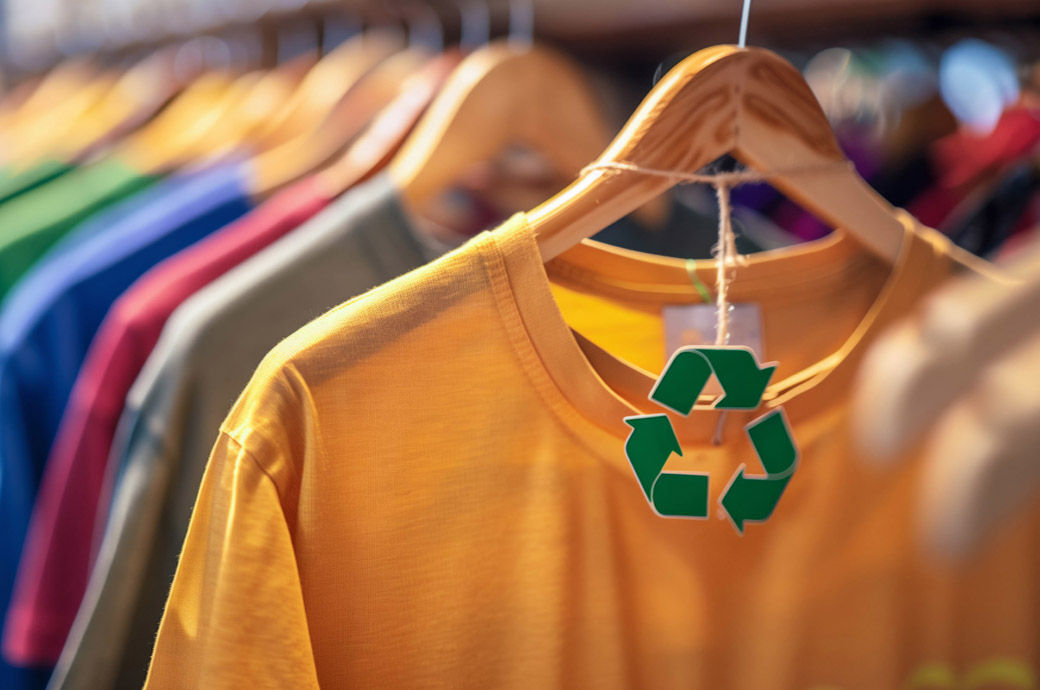
In a letter to the president and members of the EU Parliament, CIRFS director general Frederic Van Houte made several recommendations for promoting sustainable textiles in Europe, while enhancing the competitiveness of the value chain and safeguarding the remaining industrial base.
Achieving the ambitious goals of the Green Deal requires a renewed focus on strengthening Europe’s industrial policy, he wrote.
The recent report by former Italian Prime Minister Mario Draghi on the future of European competitiveness offers key recommendations in this regard.
CIRFS emphasizes the urgency identified by Draghi regarding investment and government spending to safeguard the EU’s competitiveness and promote innovation, the letter said.
Sharing Draghi's concerns about the negative impact of rising energy costs, CIRFS urged the incoming Parliament and Commission to create a unified EU market not only for pricing but for grid infrastructure, ensuring that industry remains competitive both within Europe and globally.
The fast-track implementation of Carbon Contracts for Difference (CCfD) is essential, the letter noted.
CIRFS supports Draghi’s recommendation to delay the reduction of free ETS allowances if the implementation of the EU Carbon Border Adjustment Mechanism (CBAM) is ineffective. Priority should also be given to addressing downstream carbon leakage risks and developing an effective export support solution to protect European value chains, the letter said.
Bureaucratic barriers must be systematically removed, and responsibilities among all stakeholders in the value chain must be clearly defined, it said.
Since most textiles, whether finished or semi-finished products, and their components are being imported, the EU must ensure that environmental regulations apply equally to imported products.
Effective ex-ante controls to verify compliance must be in place; otherwise, circularity within the EU will be undermined, CIRFS pointed out.
The trade body also advocates the unification of end-of-life disposal costs across different regions and EU member states, with a gradual increase in these costs to encourage greater recyclability.
CIRFS welcomed the suggestion to strategically and rapidly apply trade defence instruments (TDIs), including ex-officio investigations, as the textile value chain is complex, fragmented and composed largely of small medium enterprises.
It recommended using TDIs to address economically irrational and non-market excess capacities, abolishing the outdated lesser-duty rule, and better integrating social and environmental standards into trade defence rules. The EU must adopt clear and decisive border measures, similar to those employed by the United States and Canada, the letter stated.
The EU must implement border measures to ensure a level-playing field and safeguard the interests of European industry.
The EU must introduce an explicit minimum quota for locally-produced products and components (including fibres, textiles and apparel) in public procurement and contracts for difference auctions, as Draghi recommends, the letter added.
Fibre2Fashion News Desk (DS)